Iran's EB Home files complaint against Sweden’s Mölnlycke
Iran’s EB Home, an NGO supporting people suffering from a rare skin condition known as epidermolysis bullosa, and several jurists have lodged a complaint against Mölnlycke Health Care, a Swedish medical device company headquartered in Gothenburg, over its refusal to sell medical products to Tehran under the pretext of US sanctions.
The complaint was filed with the Swedish National Contact Point for the OECD Guidelines for Multinational Enterprises in an attempt to hold human rights violators accountable for their crimes.
The United States reinstated its sanctions against Iran in May 2018 after leaving a United Nations-endorsed nuclear agreement with the Islamic Republic and five other countries.
Since then, Mölnlycke Health Care has stopped selling pharmaceuticals and medical equipment, including special bandages for EB patients, to Iranian companies, citing the unilateral US sanctions.
The move has deprived EB patients – also known as butterfly patients because their skin is as fragile as the wings of a butterfly – of essential medical items, killed many of them, especially children, and inflicted serious physical injuries such as amputation to some of the patients.
EB patients suffer from a rare and deadly genetic disease that causes blisters, sores and wounds to form on their skin. Even mild frictions or bumps cause severe blistering of their skin which is very painful.
They often have difficulty with their daily activities, such as walking, eating and even breathing, but without proper protective bandages, their agony would be heartbreaking.
The complaint seeks to protect the victims of the flagrant violation of human rights committed by the Swedish company and prevent similar criminal measures.
It also asks the Swedish National Contact Point to take responsibility for its crimes, apologize to the victims, compensate for damages and resume exporting its products to Iran.
“This is the first action of a civil society organization to seek justice for the victims of criminal economic sanctions,” the compliant read.
Last month, the Iranian Center for International Criminal Law (ICICL), an NGO based in The Hague, submitted a similar complaint to the Swedish National Contact Point stating that Mölnlycke had breached the OECD guidelines “by failing to undertake appropriate human rights due diligence, adversely affecting the human rights of EB patients in Iran and failing to remedy its impacts.”
Nearly 30 Iranian EB patients – mostly children – have died since Mölnlycke stopped selling its dressings to Iran, it said, adding that for EB survivors, the pain has increased by 70 percent.
ICICL director Mohammad Zakerhossein said the complaint “is not a political action, but an initiative for humanity and justice.”
“We believe that unilateral sanctions may have adverse impacts on the human rights of the civilian population in the sanctioned country. The Mölnlycke case is a clear proof of such adverse impacts,” he told Doha-based Al Jazeera broadcaster.
“The irresponsible conduct of the Swedish company resulted in irreversible harm to Iranians. Taking into account this fact, we have approached the Swedish National Contact Point in hope of reparation and accountability.”
ICC issues arrest warrants for Israel's Benjamin Netanyahu, Yoav Gallant
Israeli strikes kill 88 Palestinians in northern Gaza
American voters plainly rejected complicity in Gaza genocide: Iran FM spox
ICC should issue more arrest warrants for Israeli authorities over Gaza genocide: UN expert
Israel using AI weapons co-produced by India in Gaza genocide: Report
Israel issues new evacuation orders, shortly launches strikes on southern Lebanon
VIDEO | Press TV's news headlines
From Iraq to Gaza: The great disconnect between British people and rulers


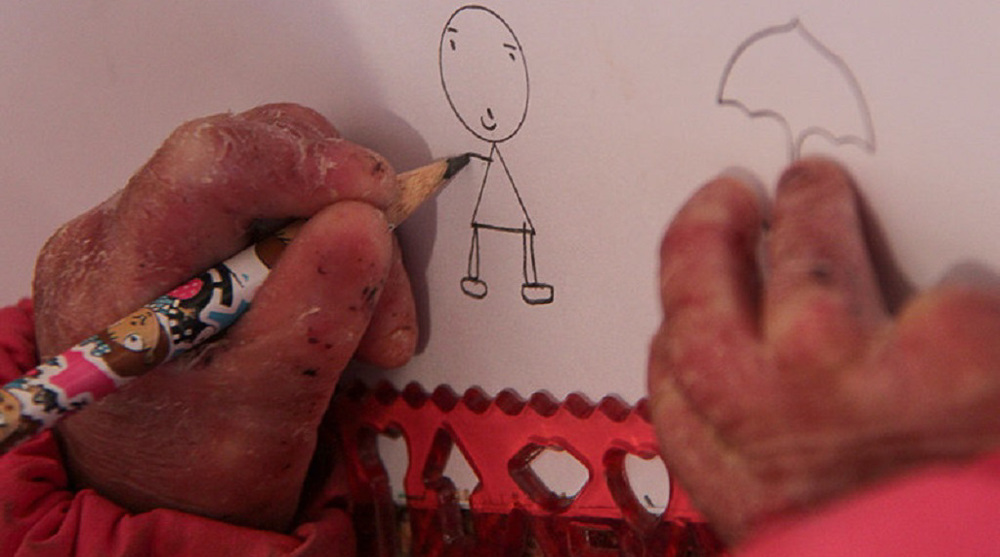

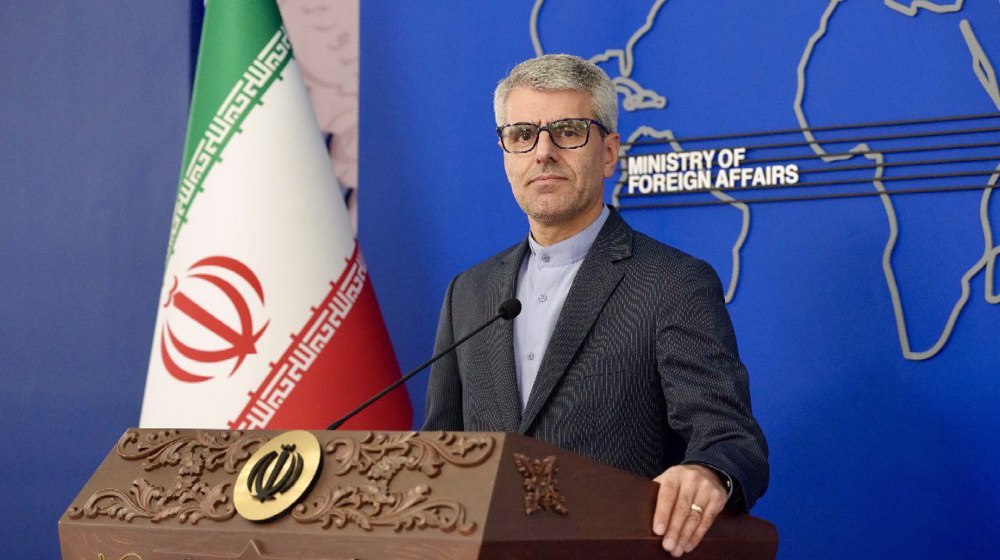
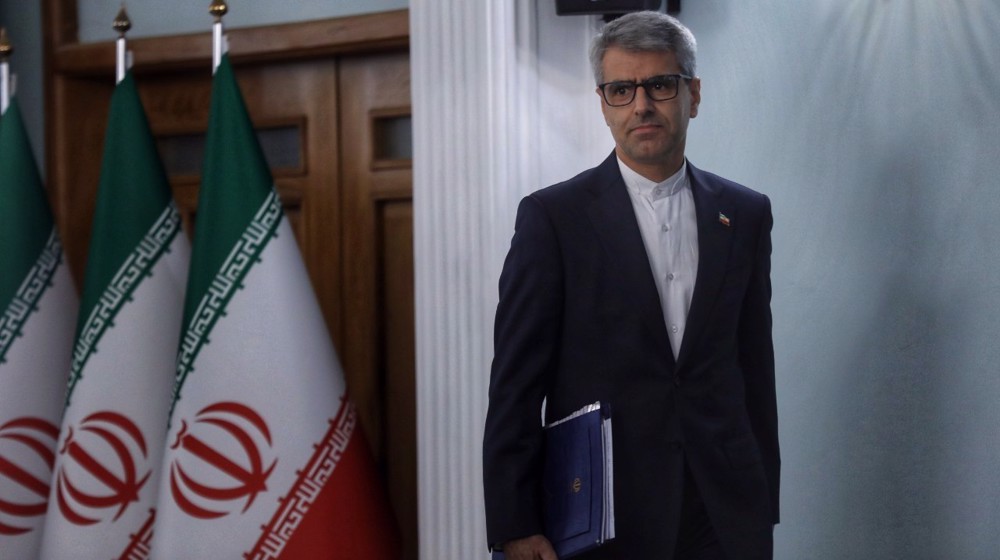
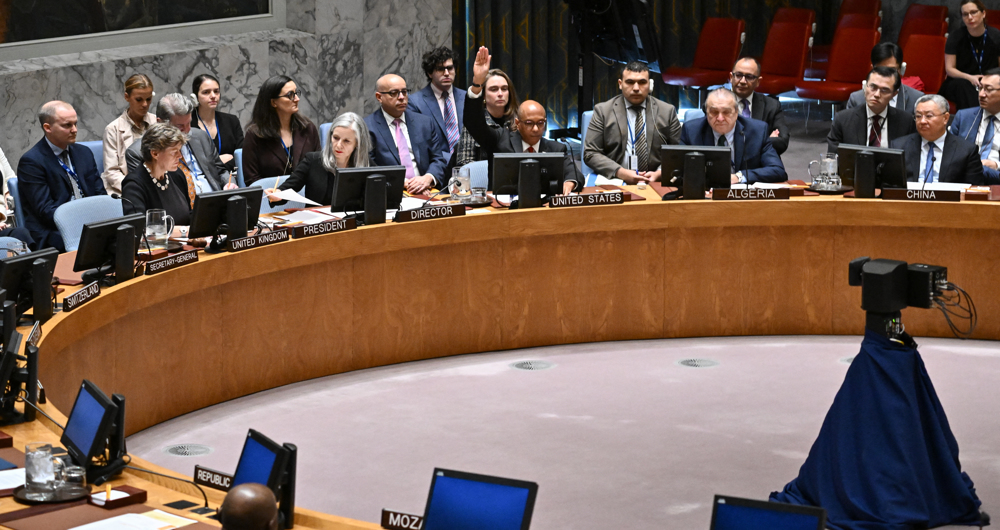



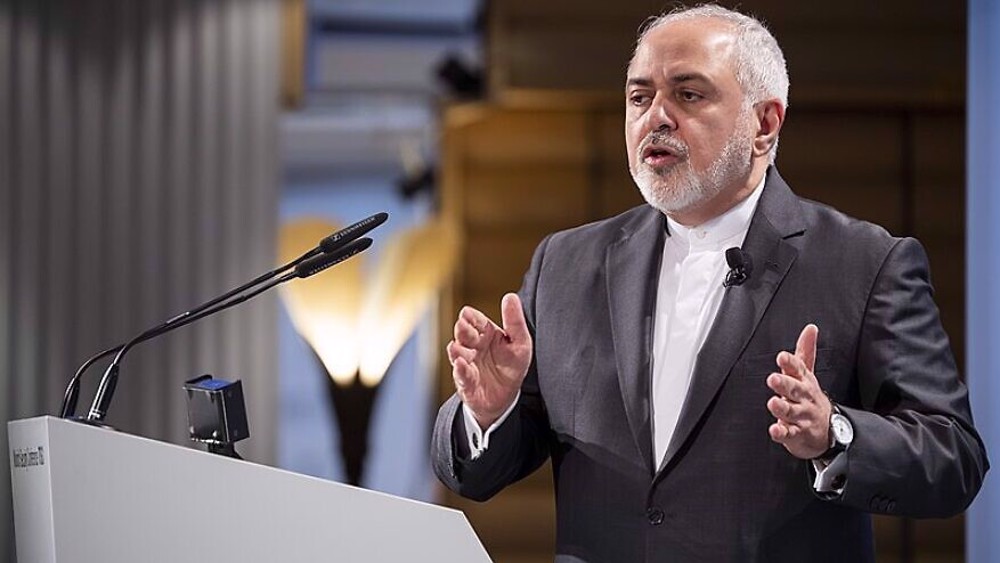
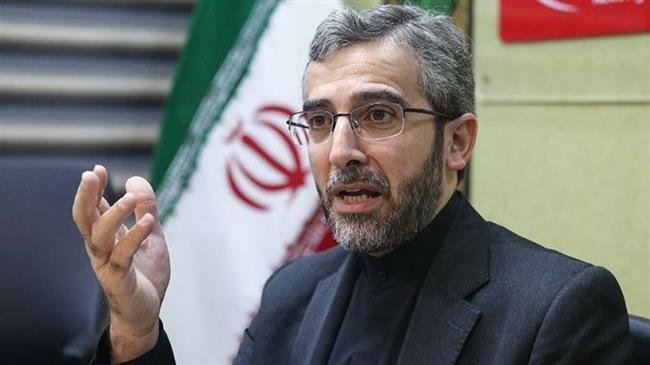
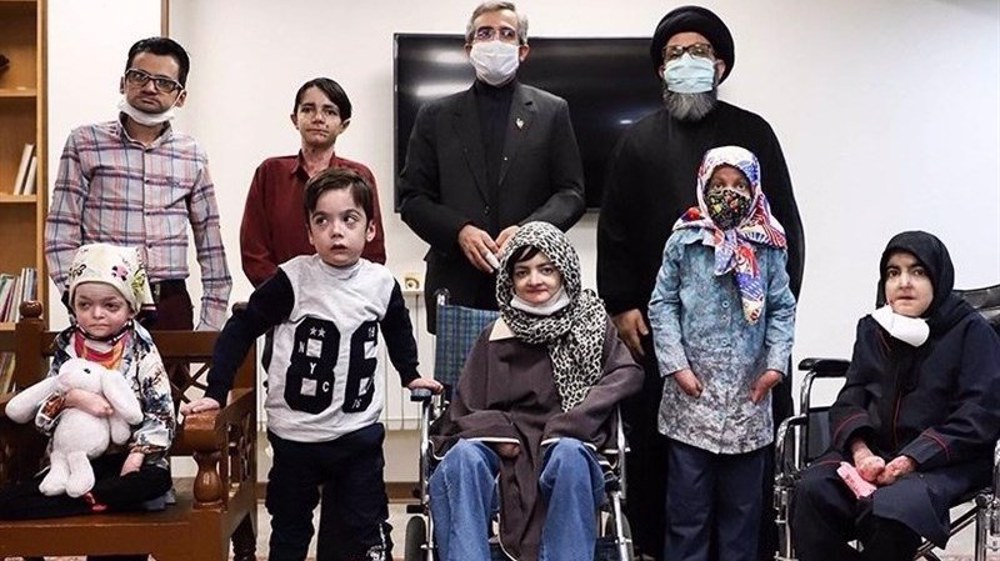
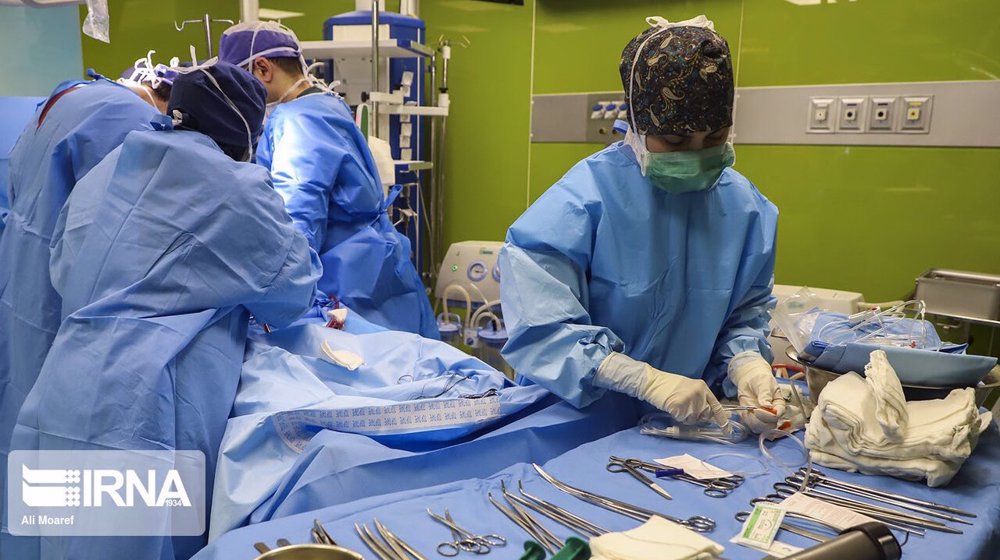
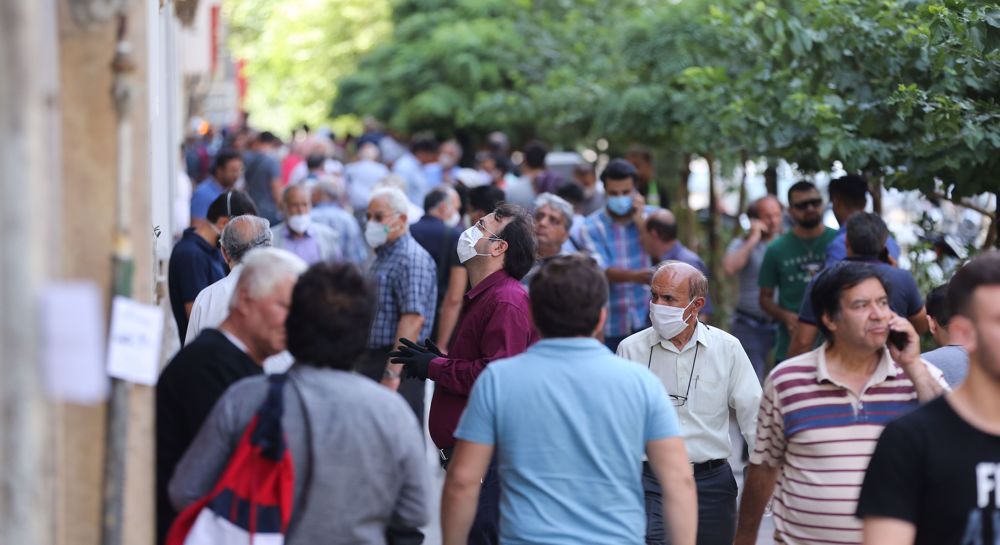

 This makes it easy to access the Press TV website
This makes it easy to access the Press TV website